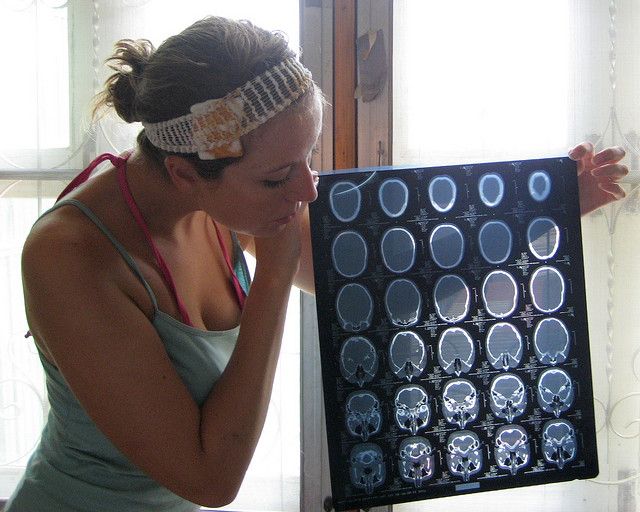From Newsweek: Popular Science: Beware False Claims.
It is a sorry fact of science that many, many of the results reported even in peer-reviewed, published studies are wrong-by some accounts, most are wrong. By dumb luck (also known as statistical errors), something that seems to be associated with something else isn’t; something that seems to cause something else doesn’t; or something that seems to be the result of something else isn’t. Alternatively, a study can fail to find evidence for something that, it later turns out, is indeed true. Both kinds of mistakes-false positives and false negatives-are well known to scientists, who take lots of precautions (not always successfully) to prevent them.
This would be bad enough if the areas where these mistakes cropped up were obscure, unimportant backwaters. But they’re not. According to a new study (yes, I understand the irony), the more popular a science topic is, the more likely its findings are to be riddled with errors.


